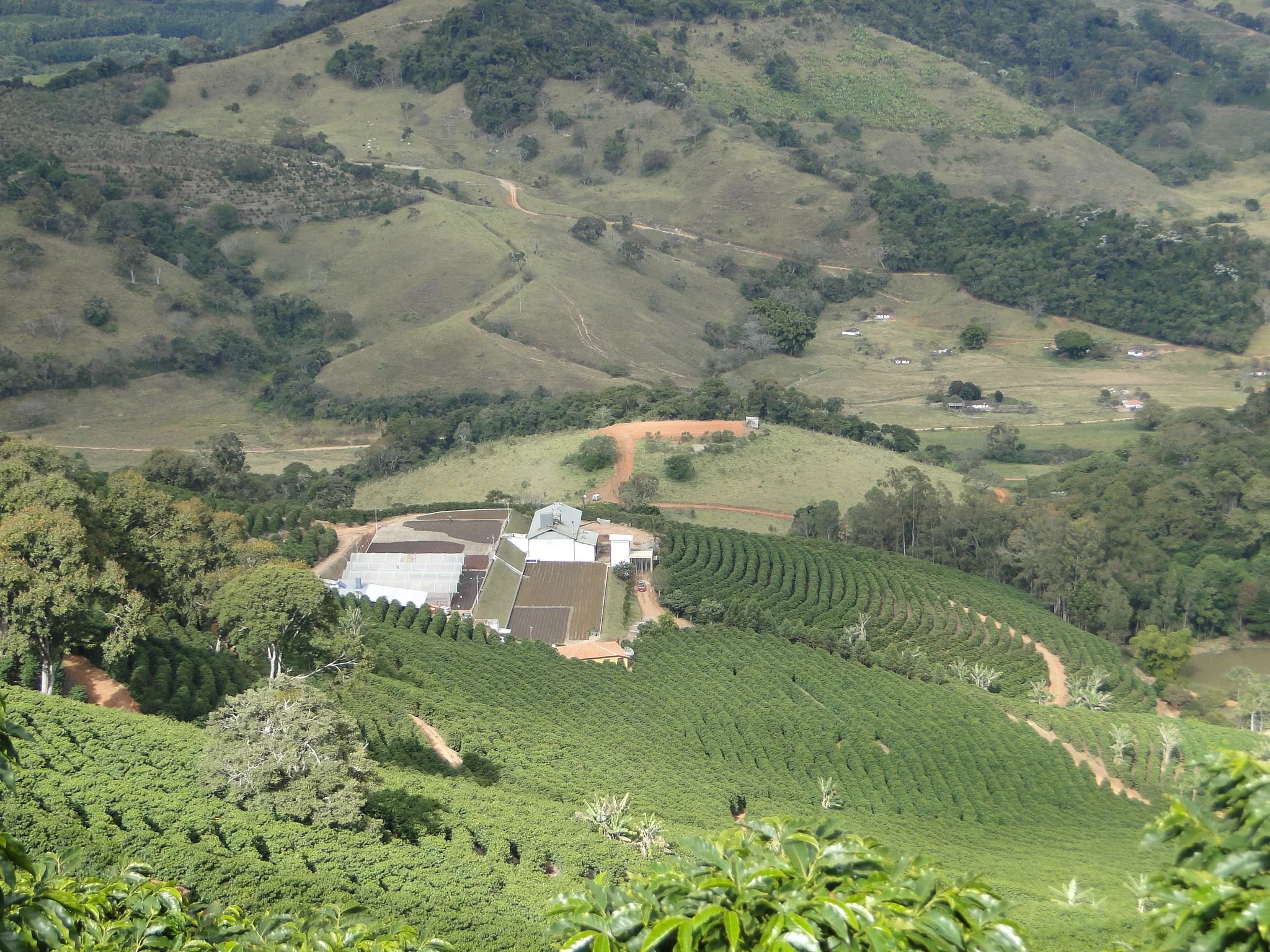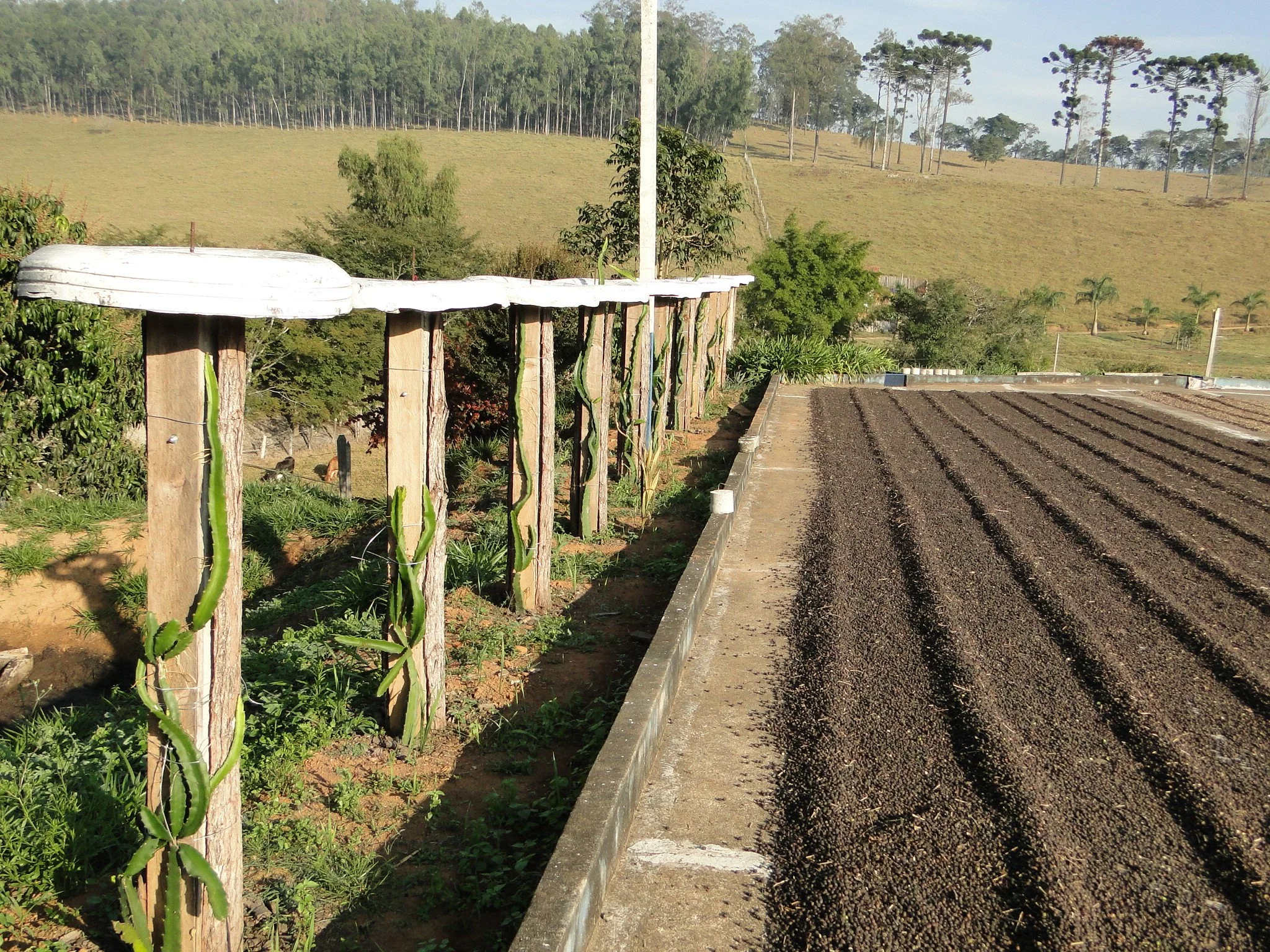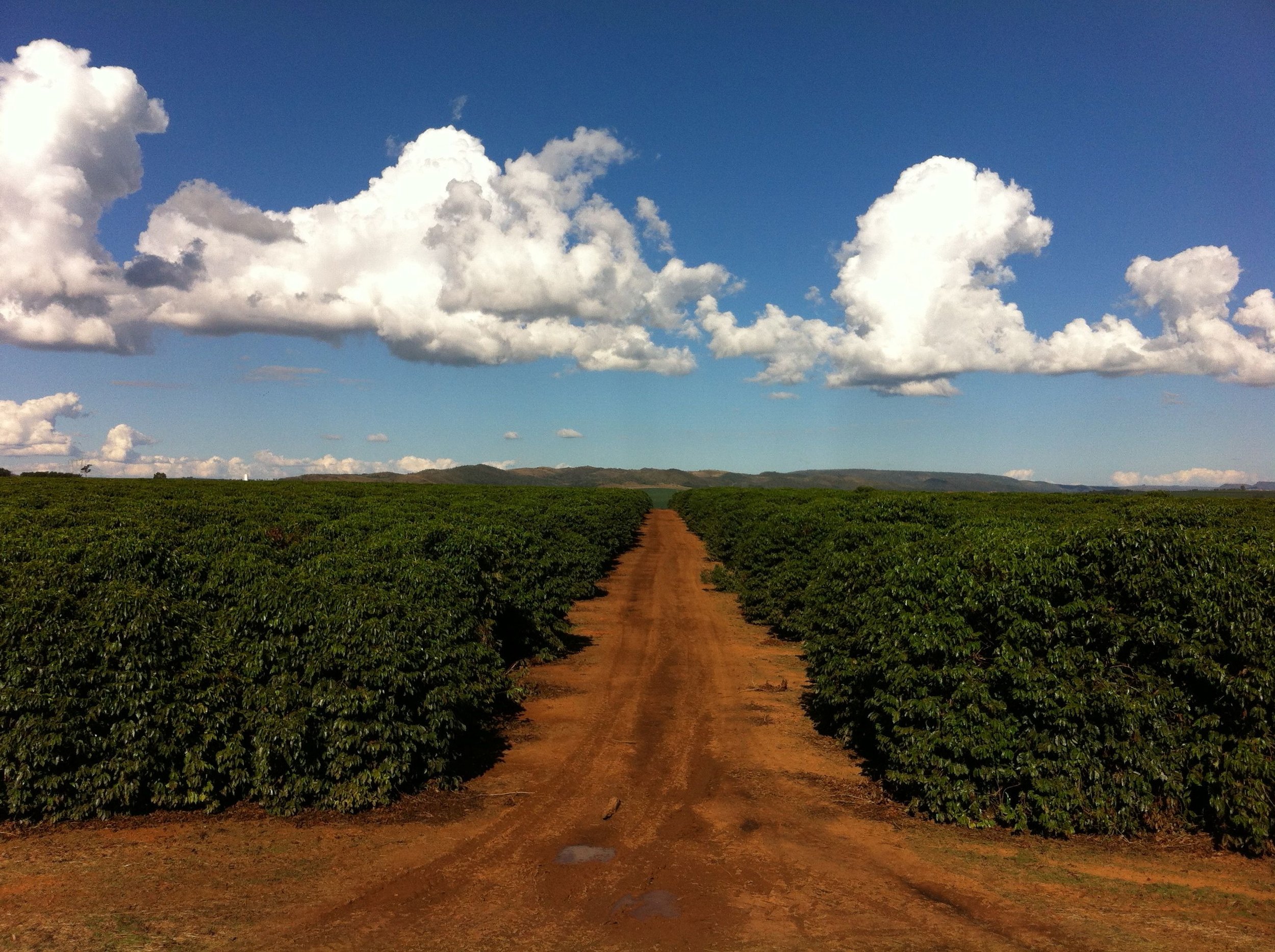
Coffees
Our coffee line up offers consistency throughout the year. It maintains its flavour profile and quality from season to season. Those can be consider your “work horse” coffees. It will make a prefect base for a house blend, an excellent drip coffee in the shop and also suitable for a single origin Brazil.
Sereno
Notes of dark chocolate, honey and almond butter.
Pilar
Sweet, chocolate and caramel aroma. Nutty clean taste. Mild acidity with a great body and clean aftertaste.
Pulped Natural and/or Honey Process
The attributes of the Pulped Natural cherries from the region of Mantiqueira de Minas include a creamy/velvety body, citrus acidity, vivid, intense flavour of caramel and yellow fruit such as orange/passion fruit and remarkable, sweet and persistent finish. The“pulp” is often what coffee-cherry skin is referred to, and by this logic, “Pulped Natural” is a kind of variation on the Natural process that removes the coffee’s skin layer but leaves the sticky fruit material that was underneath it. Commonly found in Brazil, the Pulped Natural process was developed as a way of retaining some of the characteristics of a Natural coffee—such as mouthfeel and fruity flavours with lower acidity—while considerably speeding up the drying process and eliminating some of the risk of spoilage and mold that can occur with full Naturals.
Natural Process ( Sundried or Dry Processed)
In the Natural coffees one can usually notice a creamy/round body, with citrus acidity, vivid, bright, red fruit flavour with a light wine touch and yellow fruit with notes of papaya and peach. Its finishing is durable and remarkable with notes of fruit, wine and honey. Natural coffees are picked and allowed to dry with their fruit intact. The dried fruit and mucilage material is removed mechanically through a hulling process at the end of drying. Fermentation as it occurs takes place inside the fruit material itself as its sugars are broken down and metabolized by yeasts, bacterias, and other enzymatic processes while the cherries sit and dry over time. Natural processing is the oldest basic technique for processing coffees, and in ancient times it’s possible that the coffee fruit was allowed to dry completely while still on the tree, harvested only as needed for immediate use. Modern coffees are picked ripe and intentionally dried either on patios or raised beds or tables.










